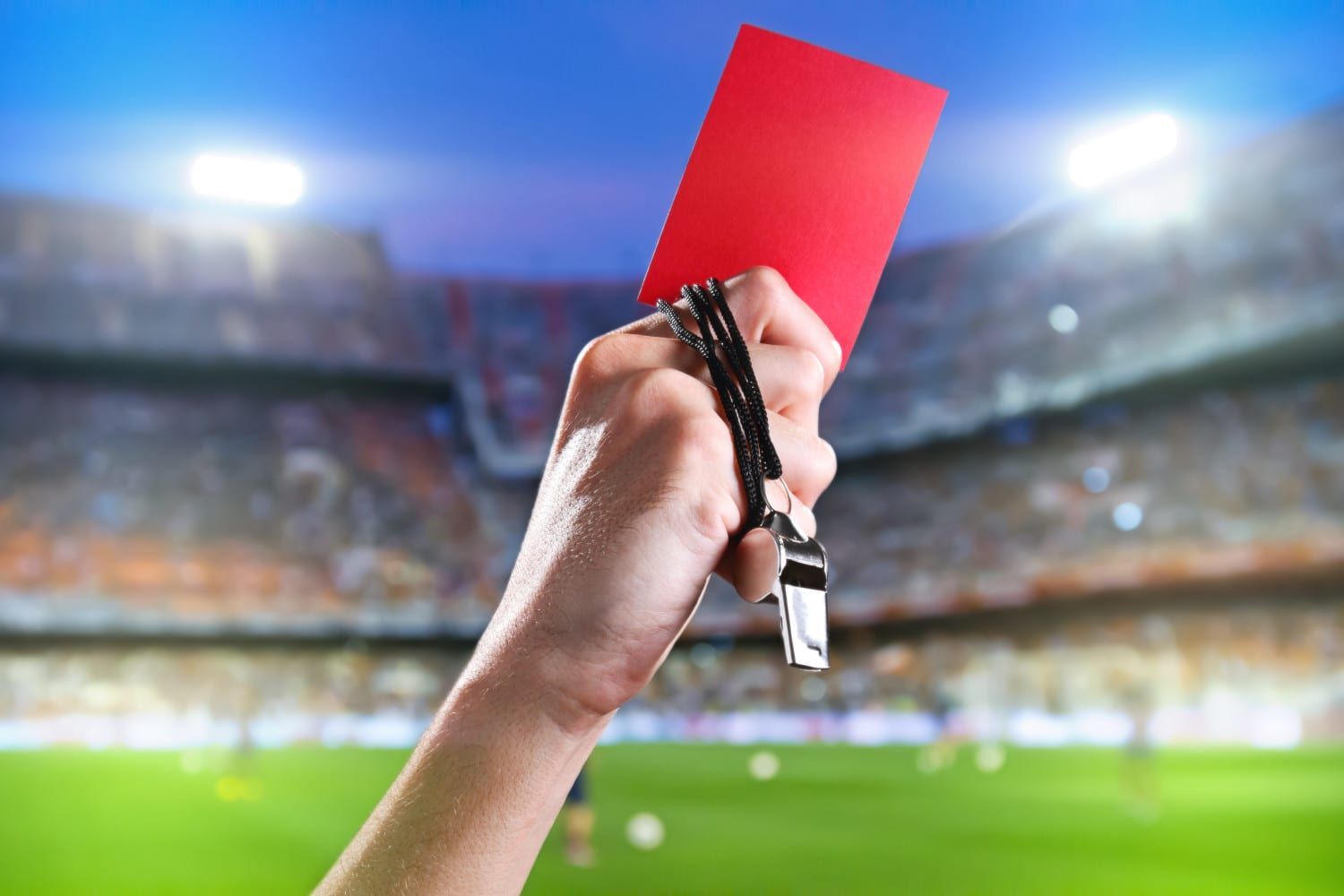Your Guide to Understanding Football Banning Orders

As football games get rowdy and high-stakes, it’s important to keep your calm to avoid inviting a Football Banning Order. In this article, we discuss what these orders are and how they might impact you if issued against you by a court.
What are Football Banning Orders?
When problems arise at a football game, those causing disorder can sometimes be issued a Football Banning Order. These are given when a football-related offence takes place, which is a criminal offence that is connected to a football match. These bans can last for up to 10 years, proving that they should be taken seriously.
When are they issued?
Football Banning Orders will be issued in two ways. This could either be through police applying to a sheriff court. Otherwise, if you have already been convicted of a football-related offence, a Football Banning Order may be replaced with this offence, or added to the sentence for further punishment.
The behaviours or circumstances that can lead to a Football Banning Order being issued against you include but are not limited to:
● Possession of alcohol or being drunk when entering the grounds
● Threat or use of violence against another person or property
● Possession, threat or use of a weapon
● Indecent or offensive chanting
● Unauthorised ticket sales
What happens if I receive a Football Banning Order?
If you have a Football Banning Order against you, terms will be included in what you can and cannot do during the court order. These may differ depending on the Football Banning Order type you receive, so it’s important to find out what exactly is expected of you while the order is active.
The conditions of a Football Banning Order might include:
● Stopping you from attending regulated football games, even abroad
● Requiring you to surrender your passport before international matches
● Preventing you from entering a match area for the duration of the game, as well as a period before and after the match.
For the duration of your Football Banning Order, it is essential to uphold the rules. If you breach the terms of your Football Banning Order, this is considered a criminal offence and can be punishable by a fine and/or a prison sentence of up to six months. It is essential, therefore, that the rules imposed on you are adhered to.
Where should I go for help?
If you want to contest a Football Banning Order, our team of defence lawyers at Lefevre Litigation can help. Whether you would like to appeal for early removal of an existing order or fight its introduction in the first instance, our experienced team of criminal law solicitors will provide support and legal representation.
Visit our website to learn more about us and how we can help you. Alternatively, get in touch with our team directly today.










